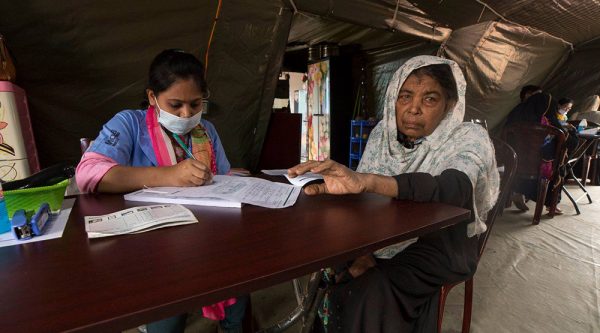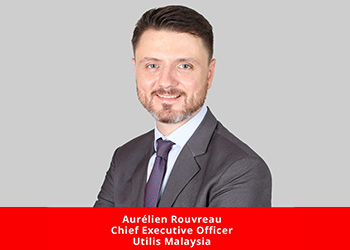
This site
is mobile
responsive
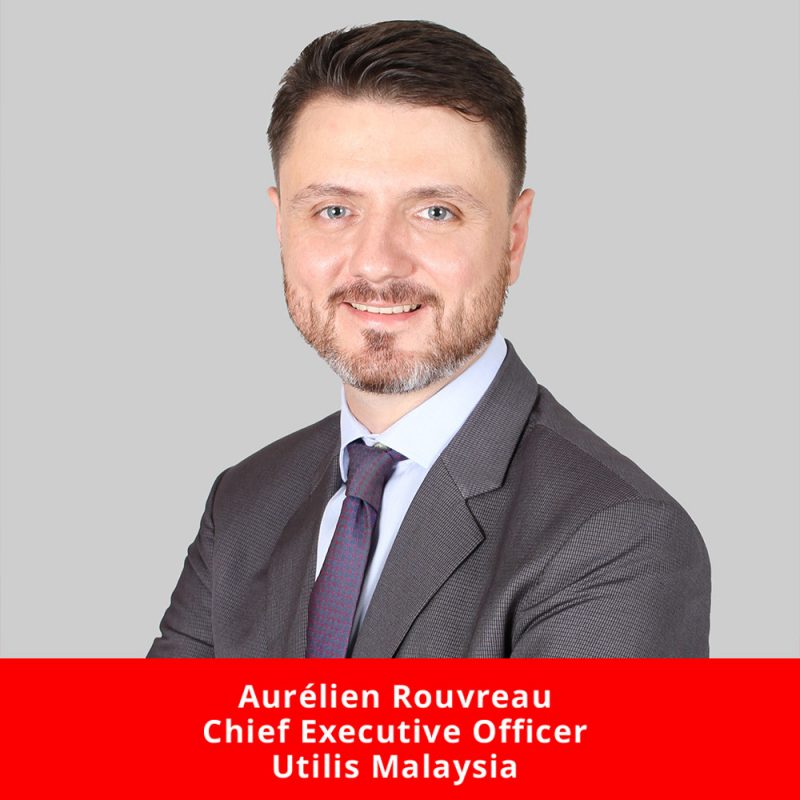

UTILIS, a French company established in the mid-90s, is today a worldwide recognised brand in the field of tactical sheltering and mobile filed solutions, well known for its constant research and development (R&D) efforts and adapting to critical situations and scenario.
Used by many militaries, civil defence, and other response agencies, UTILIS Field Hospitals and Chemical, Biological, Radiological and Nuclear (CBRN) decontamination chains have been used in most of the major disasters for the last 20 years, such as the 2004 Boxing Day Tsunami, Haiti, Peru and Fukushima.
UTILIS technology became a standard to various prestigious institutions such as the US Air Force Medical Corp, French Army or even NATO, and it’s fast worldwide spread even became a HARVARD Business Case Study in 2010.
Since the early 2000s, UTILIS was supplying its solutions to Japan and periodically to Singapore, without any strong marketing push which, as everybody knows, is crucial for Asian markets.
Philippe Prevost, the founder of UTILIS, was first approached by Aurélien Rouvreau and his two partners in 2010 to first distribute French made UTILIS Products in Malaysia without any local implementation.
Upon identifying the market response was good – the interest of local agencies and users was undeniably positive. In 2012, an agreement to establish UTILIS Malaysia Sdn. Bhd. as a licensee of UTILIS SAS (France) was signed, granting rights to manufacture and distribute UTILIS solutions regionally, benefiting from competitive manufacturing costs and various regional foreign trade agreements.
In mid-2013, UTILIS Malaysia Sdn. Bhd. delivered its first made in Malaysia systems to a customer, offering the same quality level and service as the UTILIS factories in France and USA.
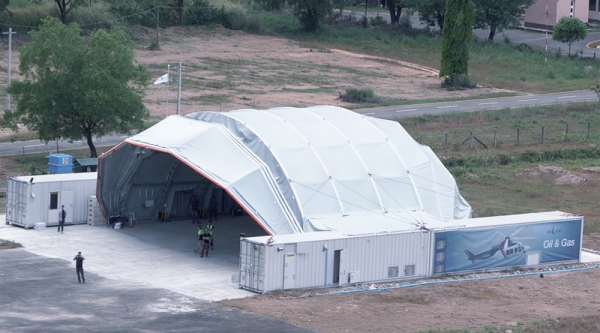
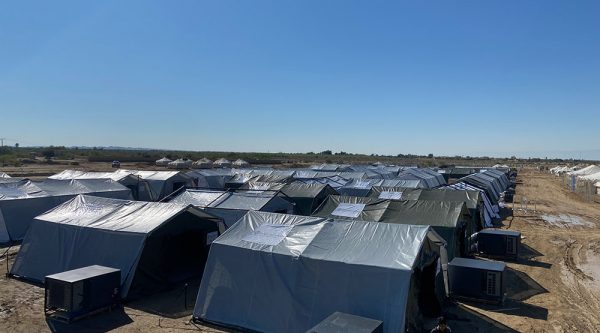
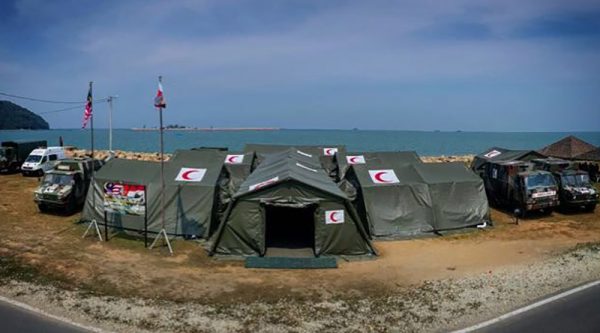
UTILIS Malaysia Sdn. Bhd. was established by two French expatriates residing in Malaysia and a Malaysian, therefore the question was more “why not Malaysia”, to which none of the three partners could answer!
UTILIS products fall in greater proportions into the defence and security markets, relying on governmental budgets and political priorities.
It was clear from the beginning that UTILIS Malaysia’s challenge was not only to build a strong distribution network in the region but also establish a production capability allowing the licensee to cope with very volatile and variable demand.
Malaysia offers an exceptional level of capability in most of the fields required for the manufacturing of UTILIS tactical sheltering (die casting, extrusion, mechanical assembly, canvas HF welding and electrical module fabrication), which quickly led the team of entrepreneurs to adopt a subcontracting manufacturing model, bouncing on long experienced of local players.
Being the sole proprietor of all designs, moulds and patents, UTILIS Malaysia acts as a final integrator and assembler in the manufacturing process. For instance, we proudly orchestrate the collaboration of more than 15 local subcontractors and suppliers for the production of one of UTILIS tactical shelters.
In 2013, UTILIS Malaysia Sdn. Bhd. was focusing exclusively on the simple supply of tactical shelters with necessary accessories to gain local experience and strengthen its sub-manufacturing processes.
In 2018, the company became a member of the Malaysia Defence Industry Council (MDIC) and in 2019, supplying a complete field hospital to the Indonesian Air Force Medical Corp. and a 200 men camp to Pakistan. UTILIS has also provided to many other projects across Singapore, Taiwan, Thailand, Philippines and Malaysia.
The year 2019 also marked a new milestone, by developing UTILIS Malaysia’s own Mobile Helicopter Base solution, supplied to an international Oil and Gas operator in Myanmar. This concept is now being proposed worldwide by the global UTILIS network, but manufactured in Malaysia!
In the last five years, UTILIS Malaysia has supplied across South East Asia, gaining a greater understanding of the regional needs and upcoming challenges, notably in the fields of natural disaster preparedness and mitigation.
UTILIS Malaysia emphasises in collaborating with local design offices and universities to bring to reality a couple of new concepts which will improve the rapidity of the responder teams – to save more lives after a natural disaster.
Malaysia offers a vast scope of advantages, sometimes not expected. Implementation should be done in stages, to get to know the country and be able to define the best implementation template to a specific activity within a particular sector. Malaysia should be seen as an adaptable yet a perennial option for regional development.
